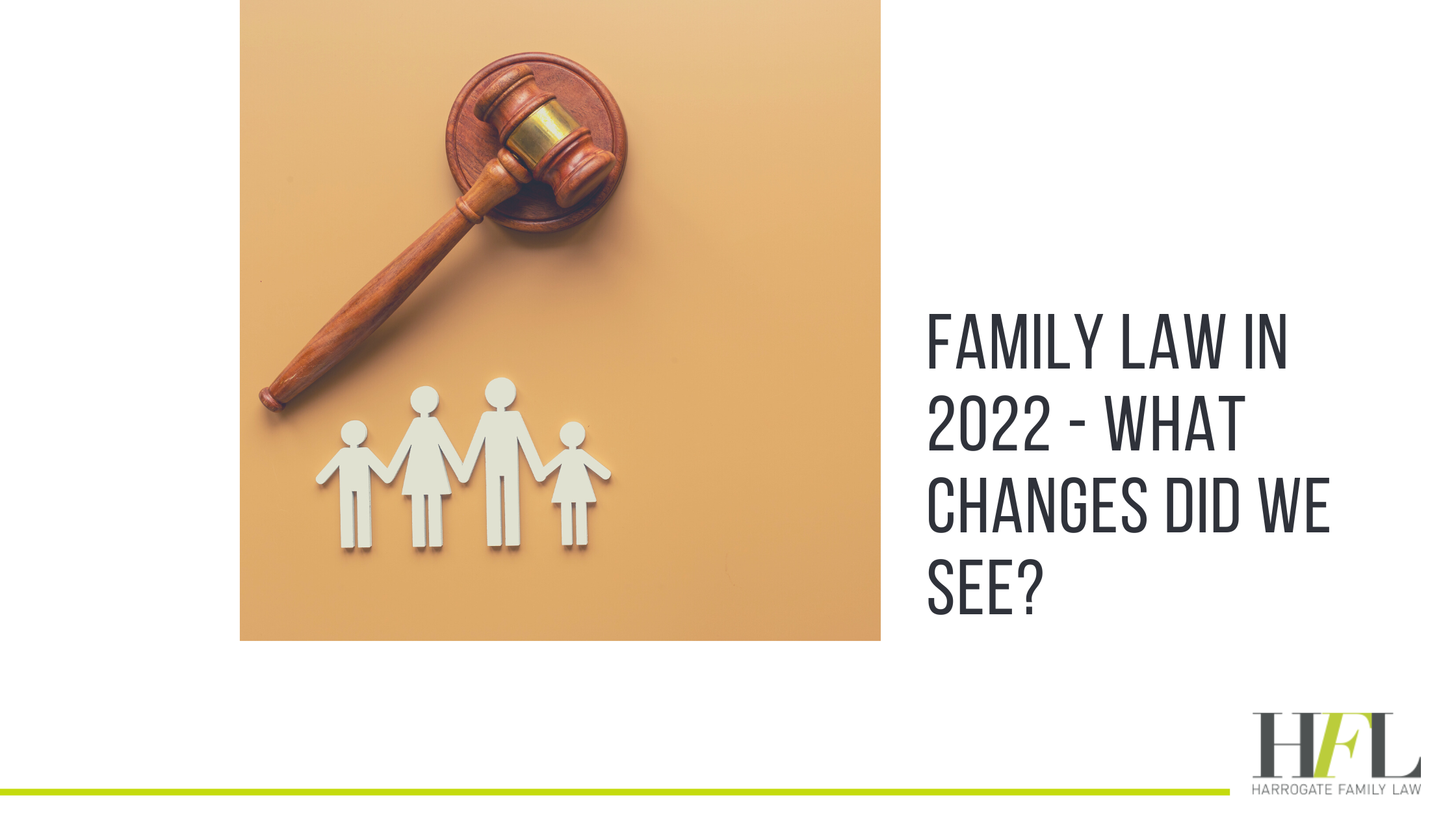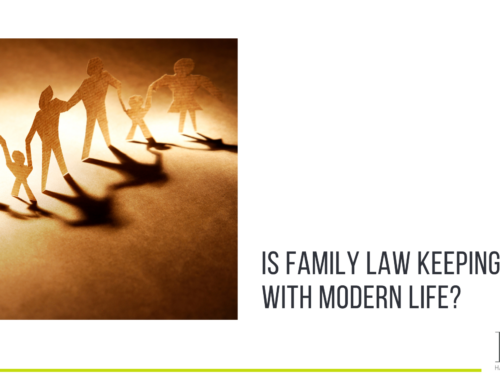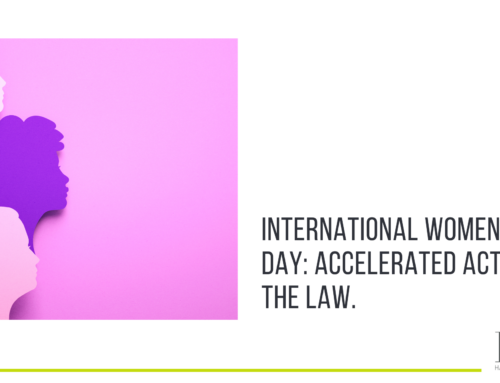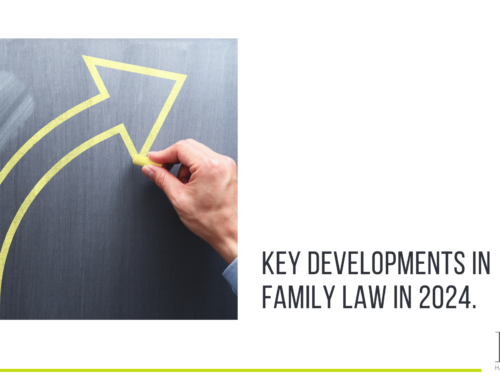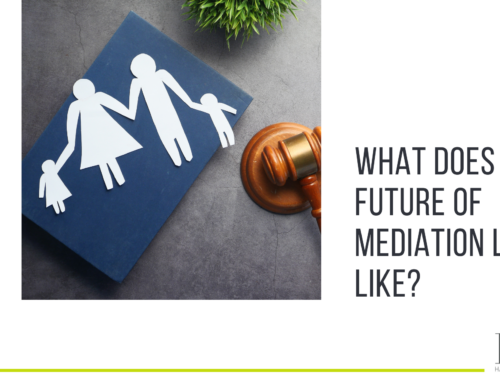The end of one year and heading into another is always a time of reflection. Here at Harrogate Family Law, it’s been a year full of change, as we’ve grown our team and continued to provide expert legal advice to our clients, helping them to secure a happier future.
But in addition to that, we’ve navigated some historic legal developments as a profession too. Let’s take a look.
No fault divorce
After a long wait, the no-fault divorce finally became a reality in April 2022 after the enactment of the Divorce, Dissolution and Separation Act.
Hailed as the biggest change to family law in over 50 years, the no-fault divorce has sought to remove the element of blame from divorce proceedings, in the hope of reducing conflict, hostility and significantly protracted court hearings. With parties able to petition for divorce jointly and the right to contest removed, there’s no doubt that this is a landmark change.
However, it’s important to know that the no-fault divorce doesn’t affect the way agreements regarding the finances or the arrangements for the children are reached. The fact still remains that expert legal advice is vital when negotiating the right outcome here.
Mediation focus
Whilst alternative ways of resolving disputes in family law have always been on the radar, this year we’ve seen the spotlight shine firmly on mediation.
Following the Covid-19 pandemic, the UK courts have seen the backlog of family law cases to be dealt with rise significantly. In an attempt to deal with the problem, key figures in both politics and law have urged divorcing couples to try other methods of dispute resolution, and only embark on court proceedings as a ‘last resort’.
As a result, the government mediation voucher scheme was extended in June of this year, and we saw many couples take advantage of it. Amidst the cost of living crisis, there’s no doubt that many couples are trying to avoid the burden of cost that court proceedings can bring.
For family law solicitors, ensuring that clients fully understand the pros and cons of mediation and whether it’s right for their circumstances, has been a priority. Also of paramount importance, is making sure that any agreements reached are drawn up into a legally binding order upon which they can rely.
Online hearings – here to stay?
As a result of the COVID-19 pandemic, the Law as a whole was forced to adapt to a ‘new normal’ throughout 2020 and 2021. One outcome of this was online hearings, using video conferencing as a means to have matters heard and dealt with.
Whilst there was a general acceptance during the pandemic that for many cases, ‘needs must’, did anyone anticipate that online hearings would become somewhat of a ‘norm’? Well, despite mixed opinions about how appropriate online hearings are, on 20 October 2022 the Farquhar Committee published guidance on the future use of remote hearings in the family court.
In short, hearings where no evidence is to be given should be online as a matter of course. The exceptions being appeal hearings, Financial Dispute Resolution hearings and some enforcement hearings.
Are remote hearings here to stay? Only time will tell.
Amidst the changes and developments, Harrogate Family Law continues to stay ahead when it comes to knowledge, experience and the provision of expert legal advice for our clients. As we look to 2023, keeping our clients at the centre of everything that we do remains our top priority. If you’d like to have a friendly chat with a member of the team, simply get in touch and we’ll be happy to help.

